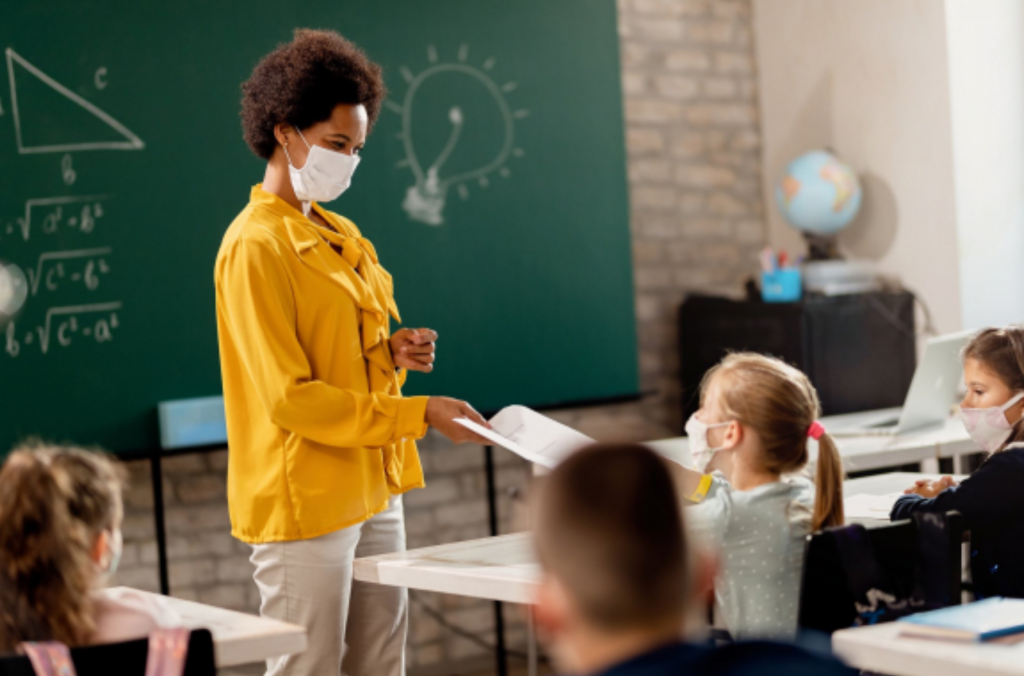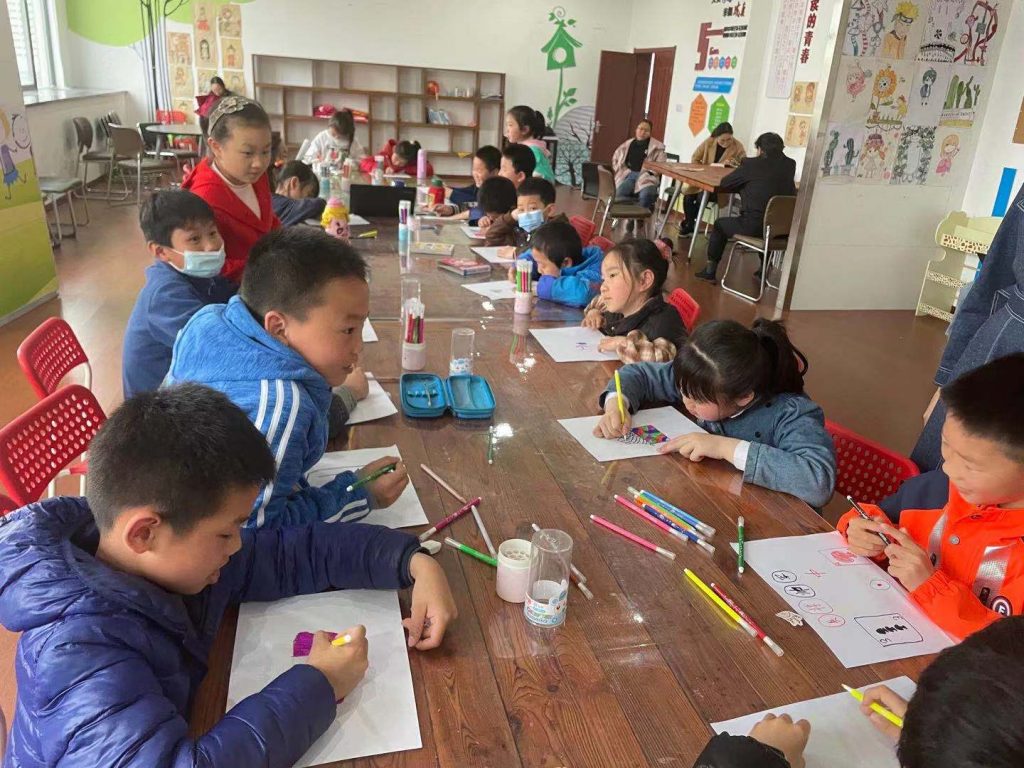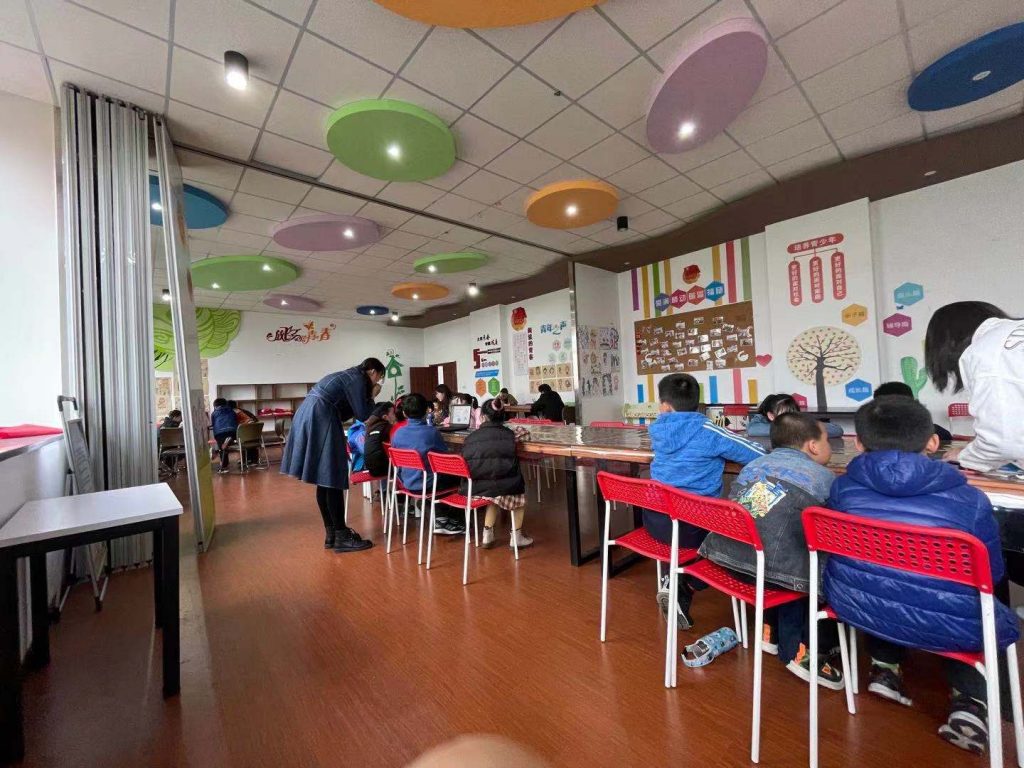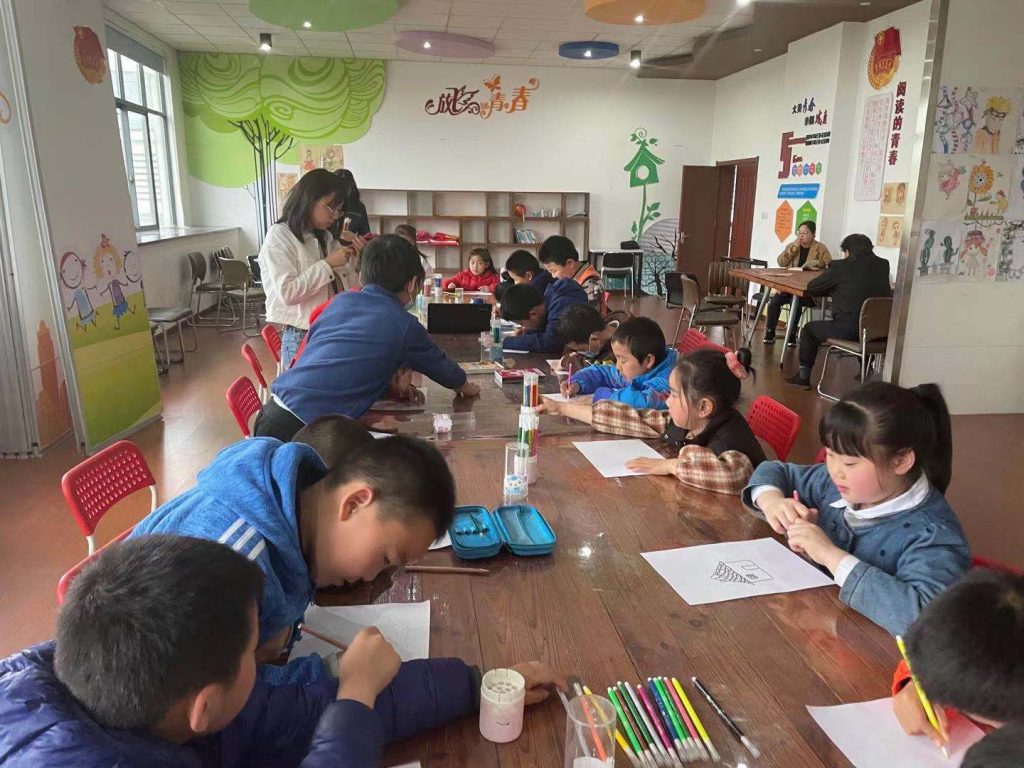Summary
The Health Education Project is a community-based health education programaiming to provide healthcareand disease prevention lessons to 10-12-year-old children at local primary schools and at the activity centers in three communities in Kunshan. This project aims to support and strengthen health education in primary schools in China by following the UNICEF’s Water, Sanitation, and Hygiene (WASH) in Schoolscurriculum guidelines. Through providing onsiteclasses with specifichealthcaretopics on a weekly basis tothe target audience, we hope tobuildstrong hygiene and sanitationknowledge among childrenthrough curriculum and classroom practices.



